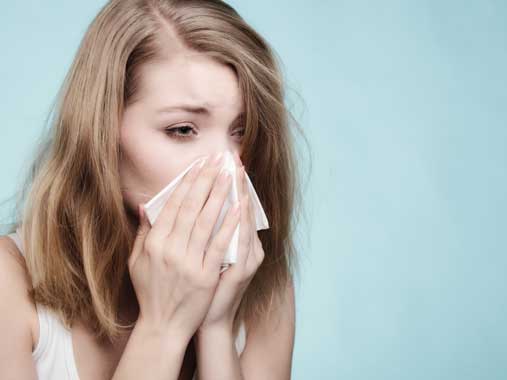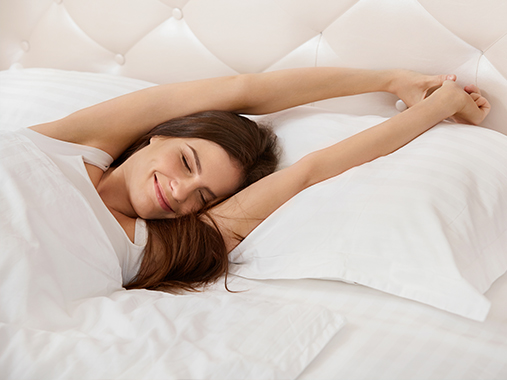My Cart
Loading your cart...
Your cart is empty
Congrats!
You've qualified for free shipping!
Nearly there!
Loading your cart...
Your cart is empty
Congrats!
You've qualified for free shipping!
Nearly there!
Do you and your family get up tired, suffering from fatigue during the day because you couldn’t sleep at night? Are allergies to blame? If so, you’re not alone.
Almost 20% of the residents of Australia and New Zealand have allergies. That gives them the dubious honour of having the highest percentage of allergic disorders in the developed world. More than 70% of these people are of working age, between 15 and 64. — AllergyCapital.com.au
Between 10% and 30% of the population worldwide suffer from allergic rhinitis. —American Academy of Allergy, Asthma and Immunology
The fifth leading chronic disease in the U.S., among all age groups, is an allergy. More than 50 million Americans suffer from allergies. That’s one in five. — Asthma and Allergy Foundation of America
People who suffer from allergic rhinitis like hay fever are twice as likely to have insomnia too. — Web MD


Two great sleep solutions methods of getting a better night’s sleep for you and your family are to improve the air quality in your bedrooms and to change your bedding. Together they can help you to:
Investing in devices designed to improve air quality can greatly improve your chances for a good night’s sleep.
Air purifiers work by getting rid of much of the dust, allergens, chemicals, smoke and air pollution in the air you breathe. This creates a much healthier environment in your bedroom.
Humidifier increases the moisture in the air. This makes it easier to breathe. When the air is too dry, you become dehydrated and the results are often a runny nose, chapped skin, sore throat, dry throat, dry eyes, difficulty breathing and too little sleep. This means you go through the day fighting fatigue.
Dehumidifier reduces the moisture in the air, making it easier to breathe when the weather is muggy. They also keep you more comfortable by letting clothes dry quicker, eliminating the clammy feeling on your body. The best year round humidity in your bedroom is between 40% and 60%.
Simply changing the bedding you use can help you get a good night’s sleep. Hypoallergenic bedding controls dust mites, reducing your allergy symptoms. To be effective, the bedding should be constructed from man-made and treated natural fibres and designed for the nighttime comfort of allergy and asthma sufferers.
Types of hypoallergenic bedding available includes:
Make you and your family's bedroom environment a haven from allergies by using hypoallergenic bedding and devices that improve the air quality.
Google Reviews
5 | 89% | |
4 | 7% | |
3 | 1% | |
2 | 1% | |
1 | 2% |
Easy purchase, had tried the plane/travel neck pillow before from a friend who had one. Found it worked for me. Bought it, it was shipped with no issues, and arrived exactly as described and expected.
Excellent and comfortable
Product was posted immediately and well packaged. Pleased with the quality and price.
I ordered a soft pillow. It was perfect. Non allergenic and exactly as described.
I bought a Phillips air purifier and it worked perfectly, the platform was easy and the team is absolutely a pleasure to talk to. Well done guys. By the way, they are. So good that I purchased another one for the office